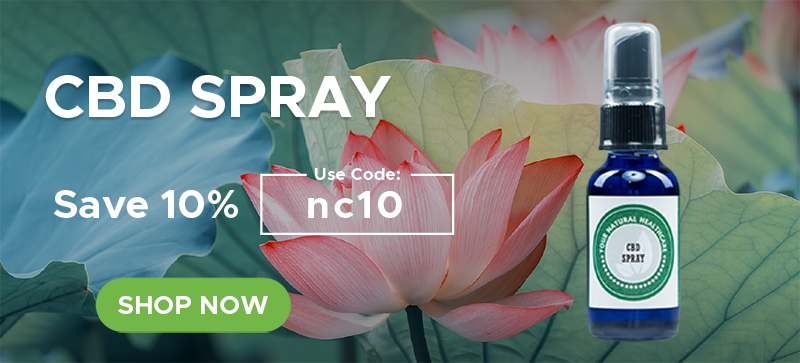CBD Laws & Regulations
Many people ask me “Is this legal?” and “Can I travel with CBD?” The answer to both questions is yes.
Here is some of the latest updates on the status of HEMP CBD. My comments are in italics.
The FDA is expected to issue formal regulations to further define the parameters for selling CBD products. Until then, companies must navigate current federal guidance and state regulations. In order to mitigate risk and avoid having to completely course correct, Your Natural Healthcare is doing their best to navigate and comply with the applicable federal guidance and state regulations on what is permitted to be sold to consumers.
Following are several things that we do to make sure we comply with the laws and regulations.
Verify Your Hemp Source and Its Testing
The 2018 Farm Bill specifically defined “industrial hemp” as cannabis with less than 0.3% of the psychoactive compound delta-9-tetrahydrocannabinol (THC) on a dry weight basis.
Any CBD product that is being sold in the market today therefore must contain less than this extremely low concentration of THC, which, unlike its marijuana counterpart, will not cause any psychoactive effect when used by consumers.
Many states have laws requiring that a scannable QR code be prominently displayed on the outer product label, which links directly to the batch testing result for that specific hemp product to show THC levels. (This is not required in California)
Failure to verify that sourced hemp or CBD extract meets the federal THC standard could expose a company to product liability risks or criminal penalties for selling a controlled substance. (We meet this standard and have 3rd party testing to verify)
Do Not Make Health Claims
The FDA has only approved one pharmaceutical with CBD, Epidiolex. Beyond that single drug, the FDA has not approved or deemed CBD as safe or effective for use in treating any disease, diagnosis, or condition.
Unsubstantiated health claims have been the primary target of the FDA to date; over the past two years, the FDA has issued dozens of warning letters to companies making outlandish claims that their CBD products will cure serious diseases such as cancer, and most recently, Covid-19.
Therefore, companies must avoid marketing or labeling their CBD products as being a potential cure or treatment for any health condition or disease.
Companies should also avoid any suggestions that their products assist with common ailments, such as “pain relief,” “anxiety relief,” or “sleep aid.” Furthermore, CBD companies should also provide an express warning on their labels, marketing materials, and website notifying consumers that the products have not been approved by the FDA. (This is why we love talking to people so much! It means that we can talk about the amazing benefits without putting anything in writing in our marketing or printed materials.)
Know FDA Guidelines
The second biggest area of regulatory scrutiny has been marketing CBD products as dietary supplements. Due to the use of CBD as an active ingredient in at least one pharmaceutical drug, the FDA has expressly directed that it cannot be marketed as a dietary supplement or be added to either human or pet food.
While it is clear from restaurant menus and the supermarket shelves that companies are indeed selling a plethora of CBD-infused supplements and food products, companies must understand that these products could expose them to FDA warning letters or other civil penalties.
The only expressly approved use of CBD by the FDA is in cosmetics, such as topical lotions, creams, or soaps. If a company is selling a CBD-infused cosmetic, then it must still comply with onerous FDA regulations regarding cosmetic labeling, which range from specific font sizes to warning language to label placement. (We are following all known laws and regulations)
That's it for this update.
Until we have more news, products, recipes or solutions, be well!
Love, Rose
Stay connected for free resources to expand your health and vitality with non-allopathic remedies and natural CBD solutions.

